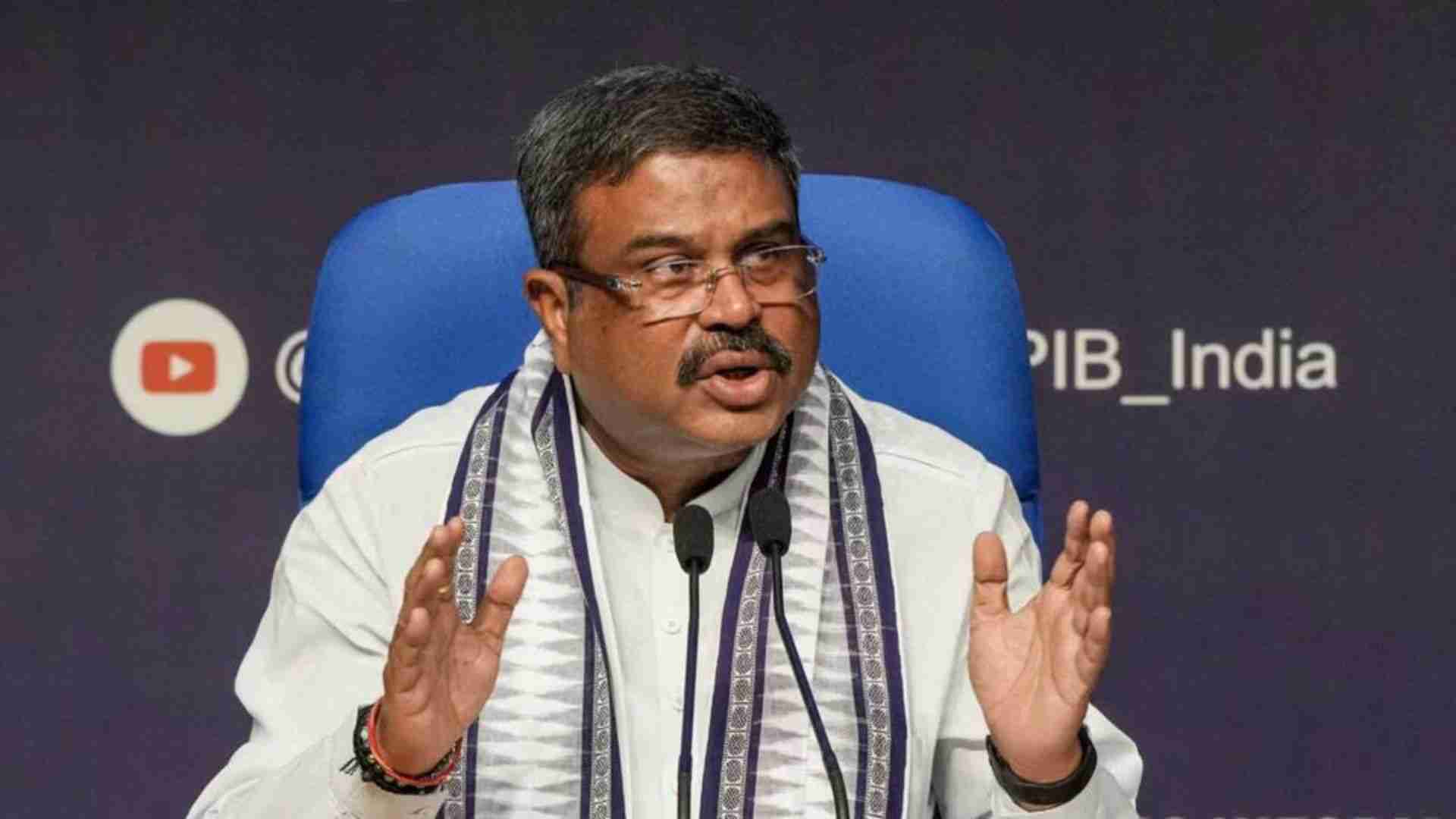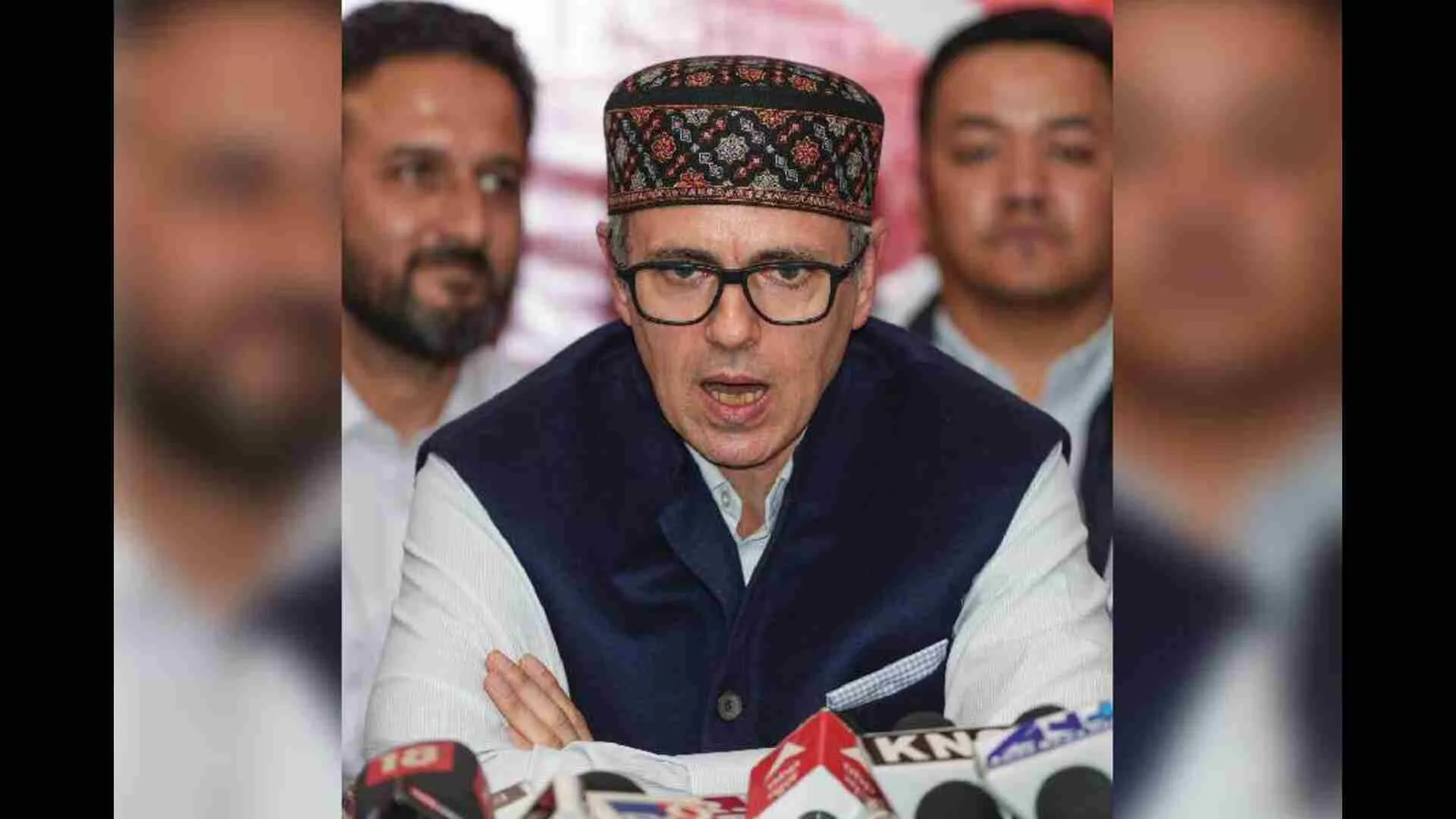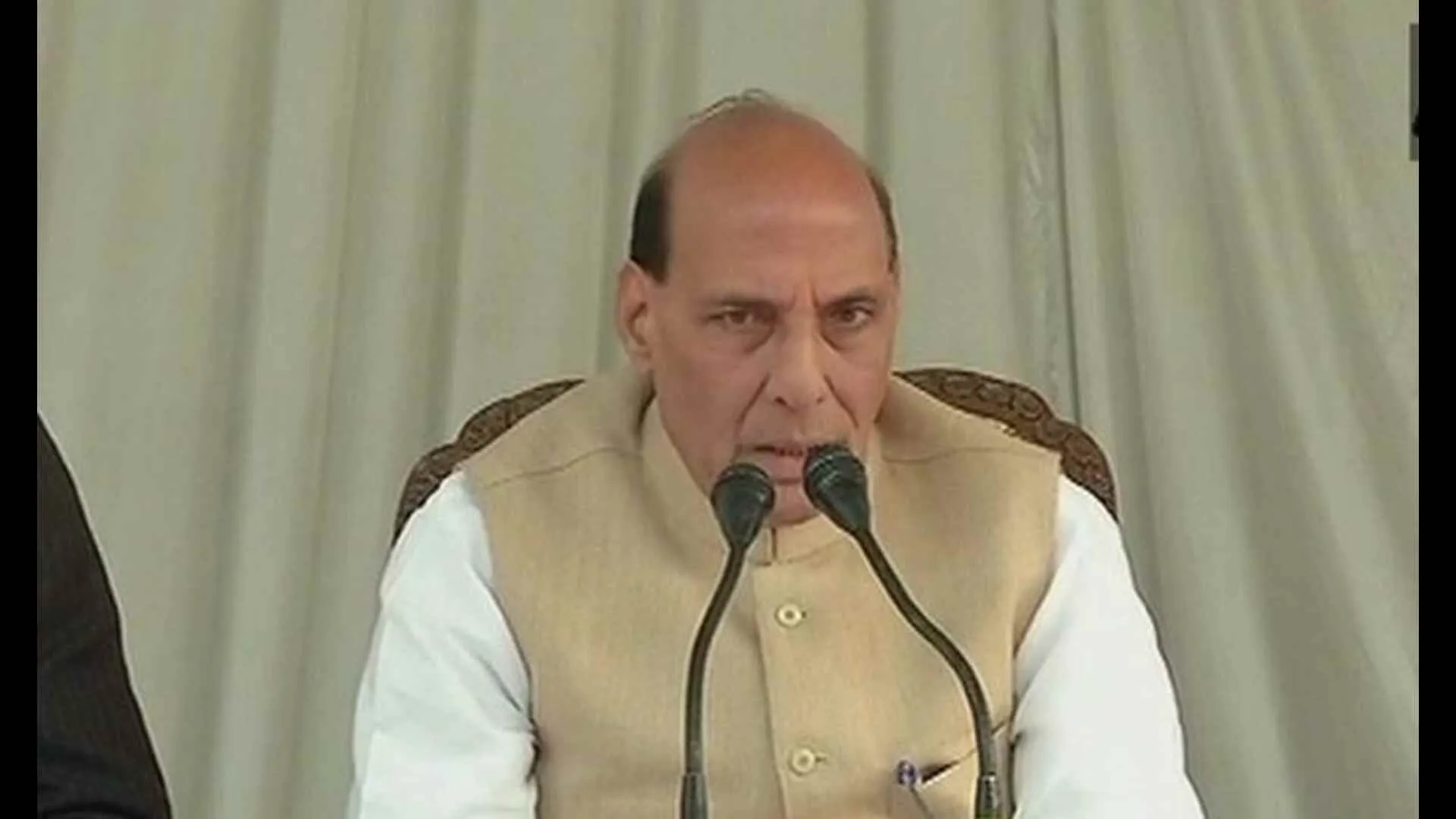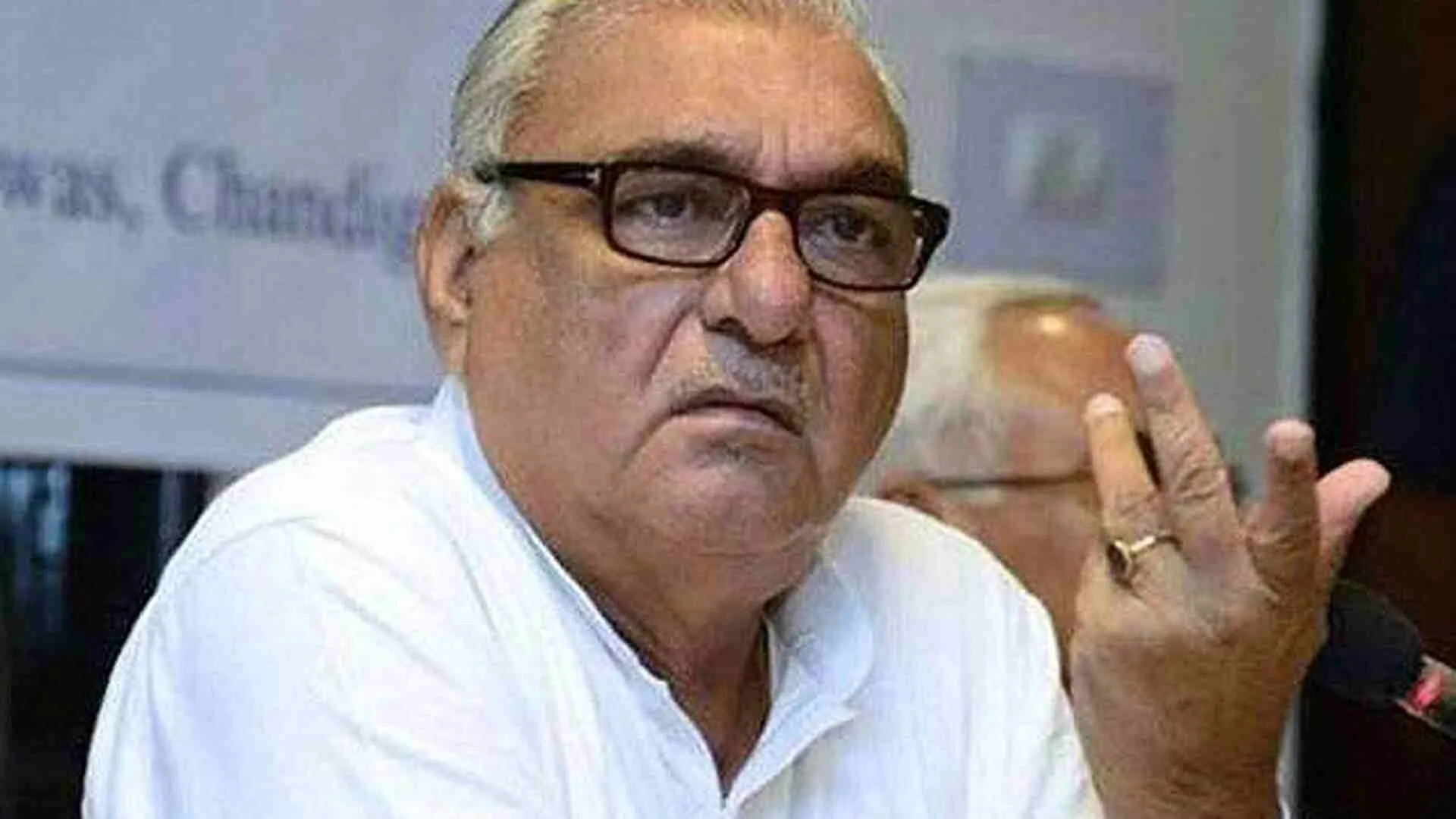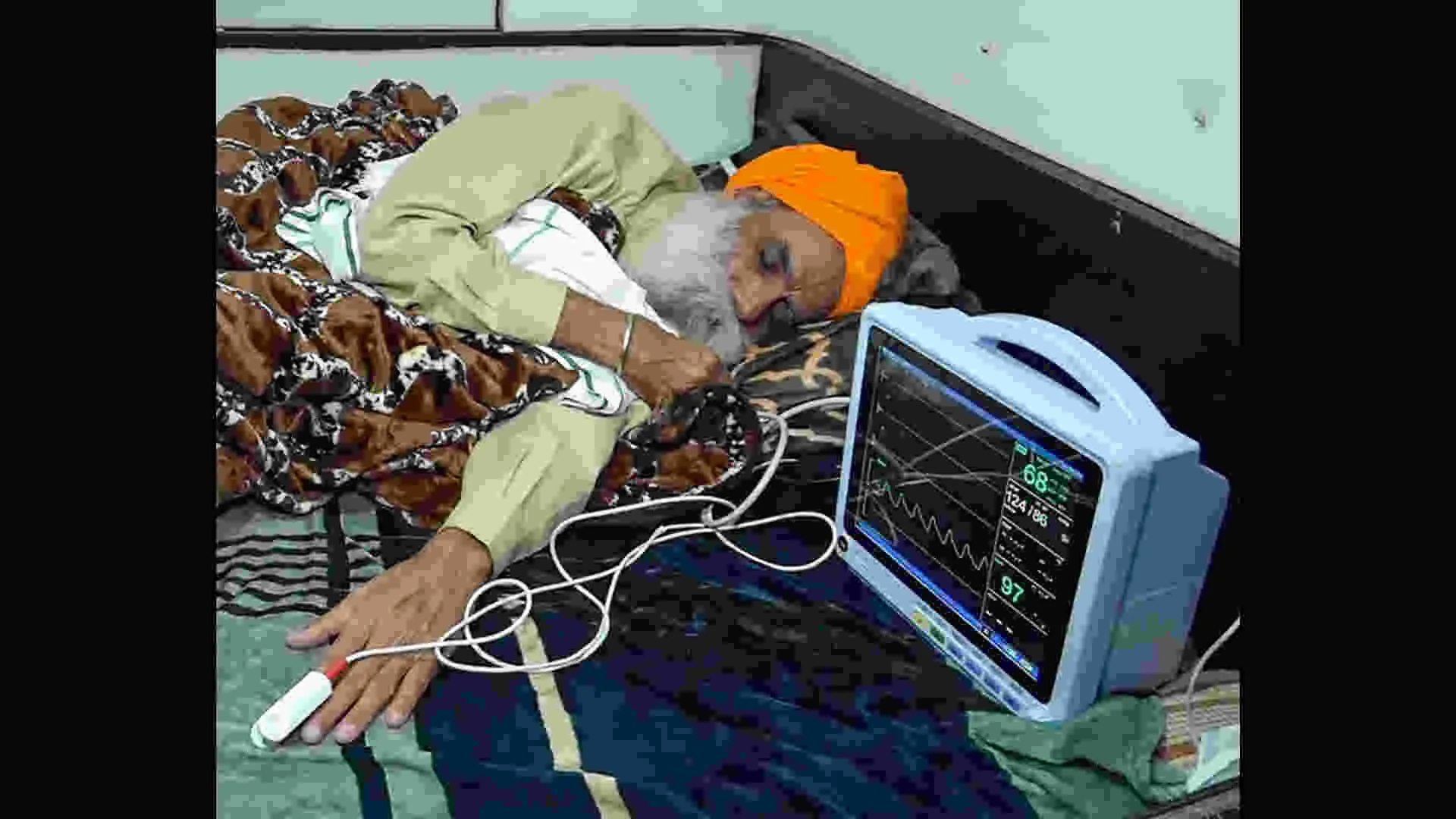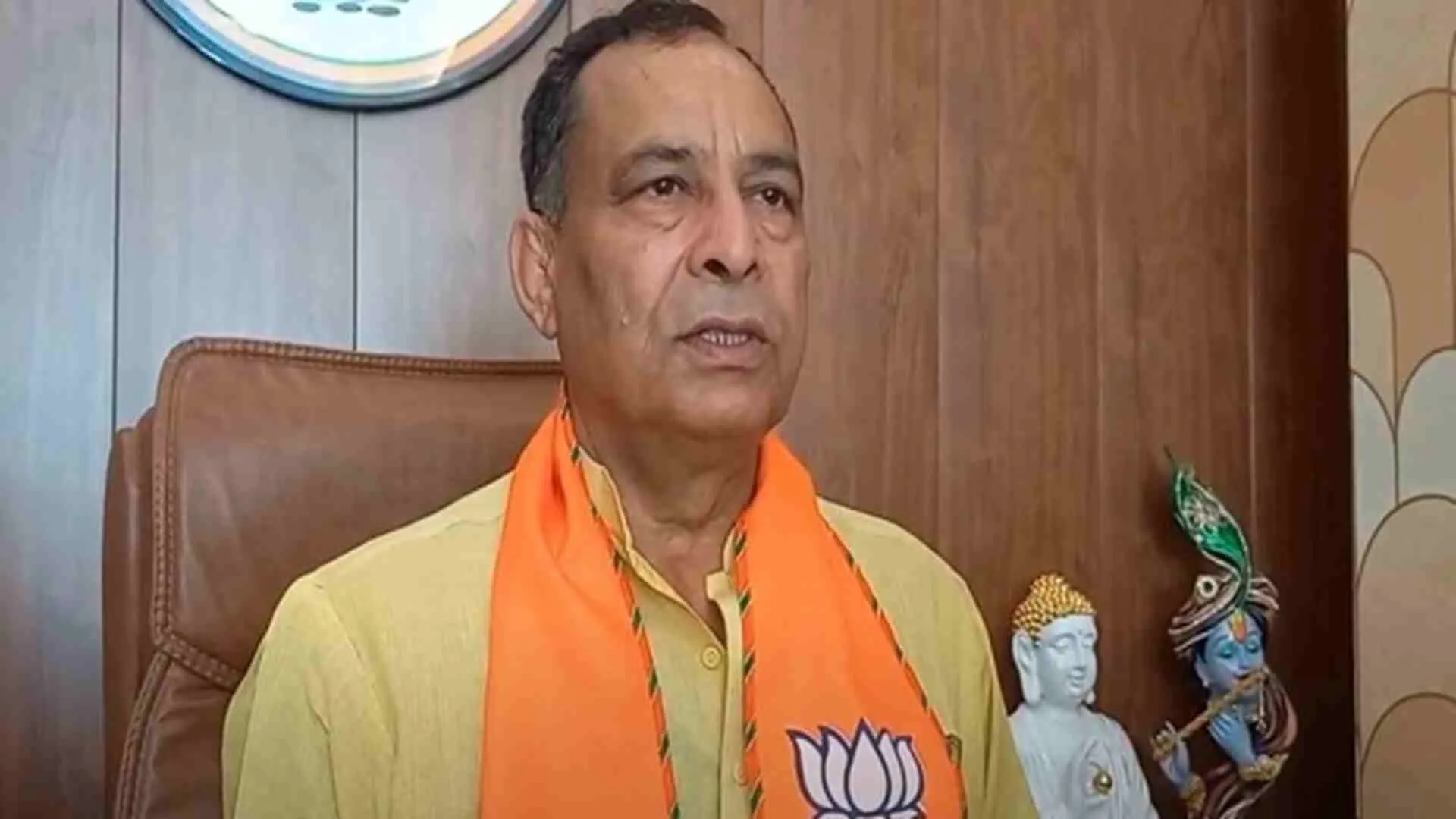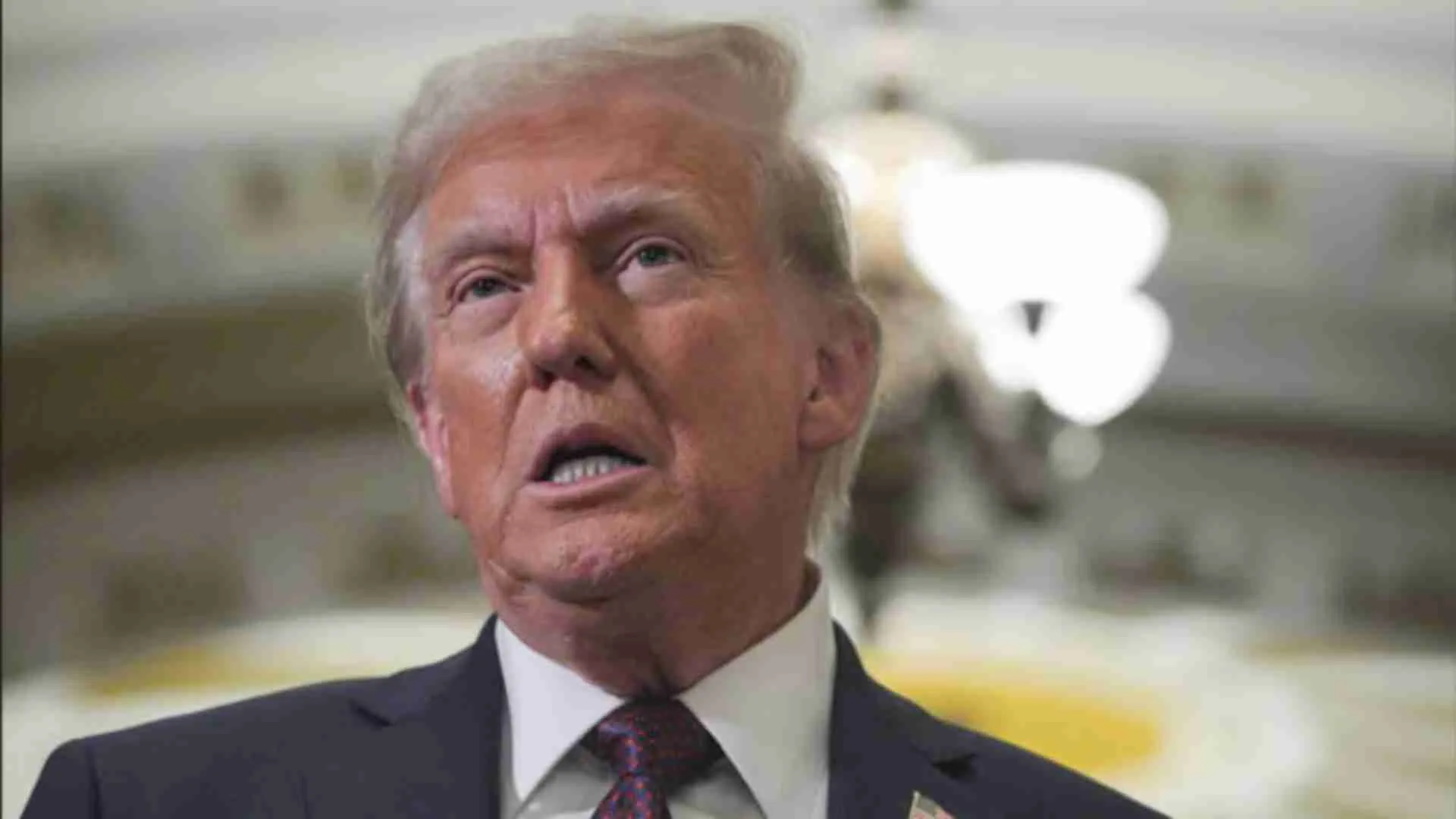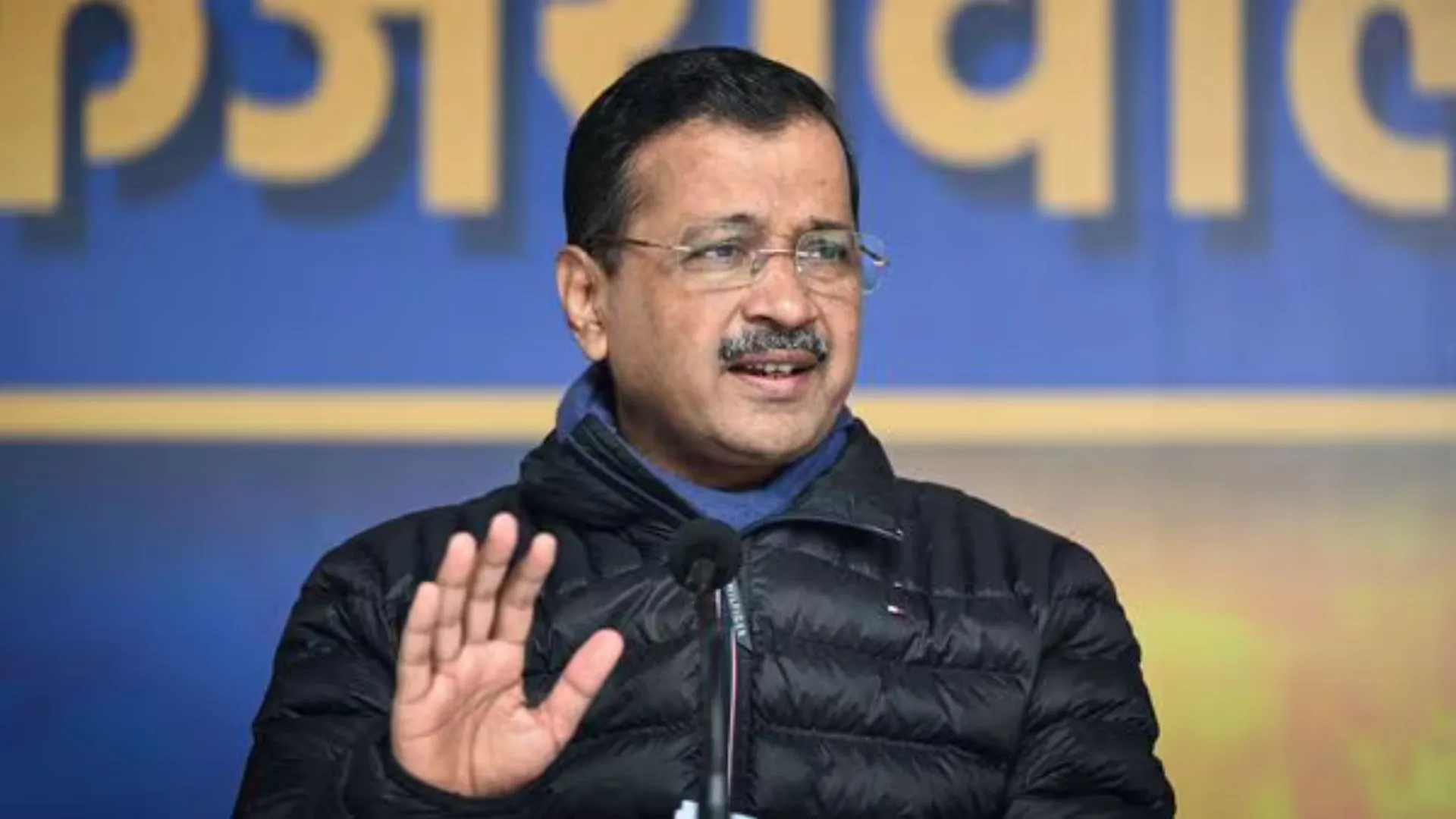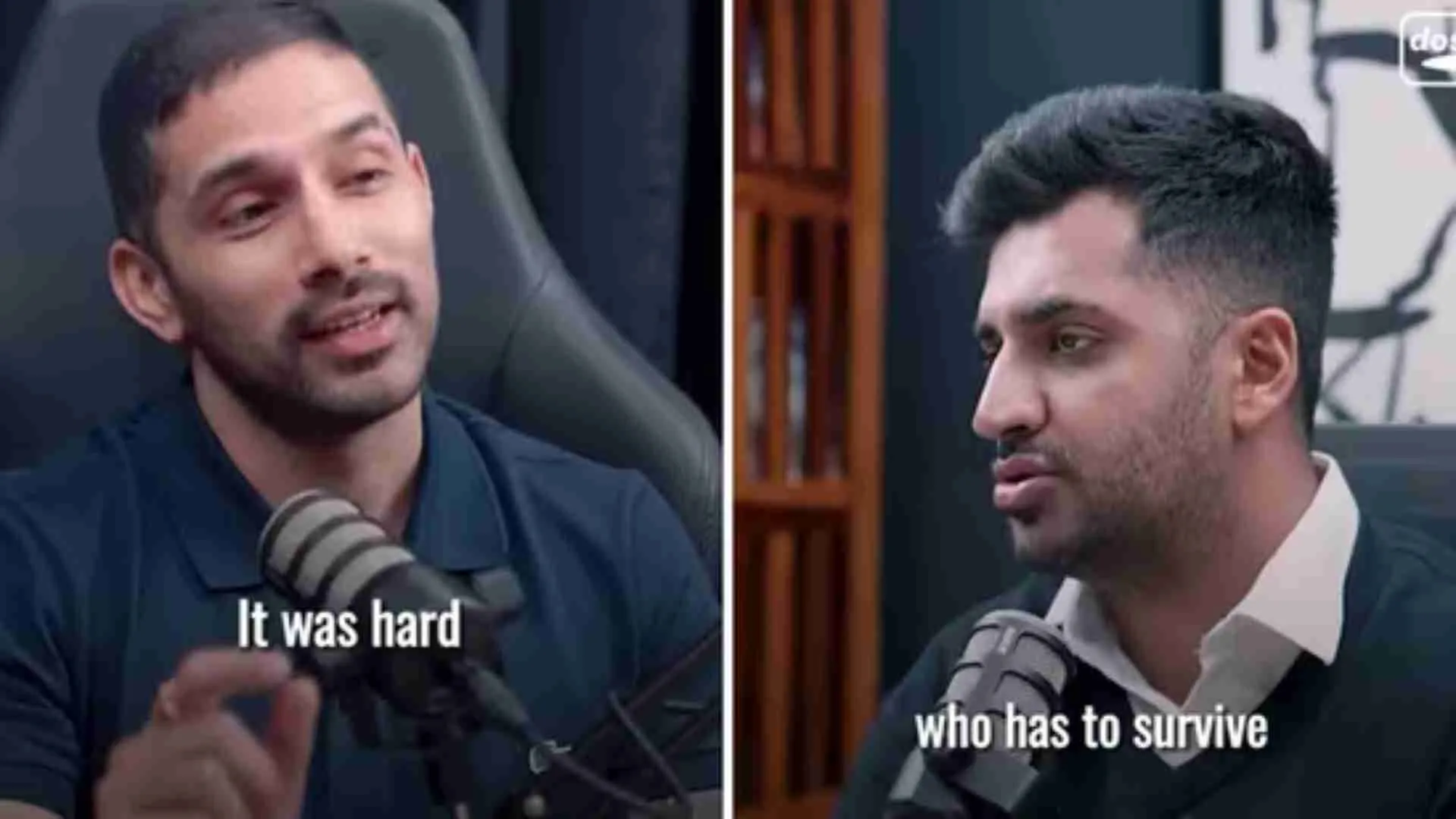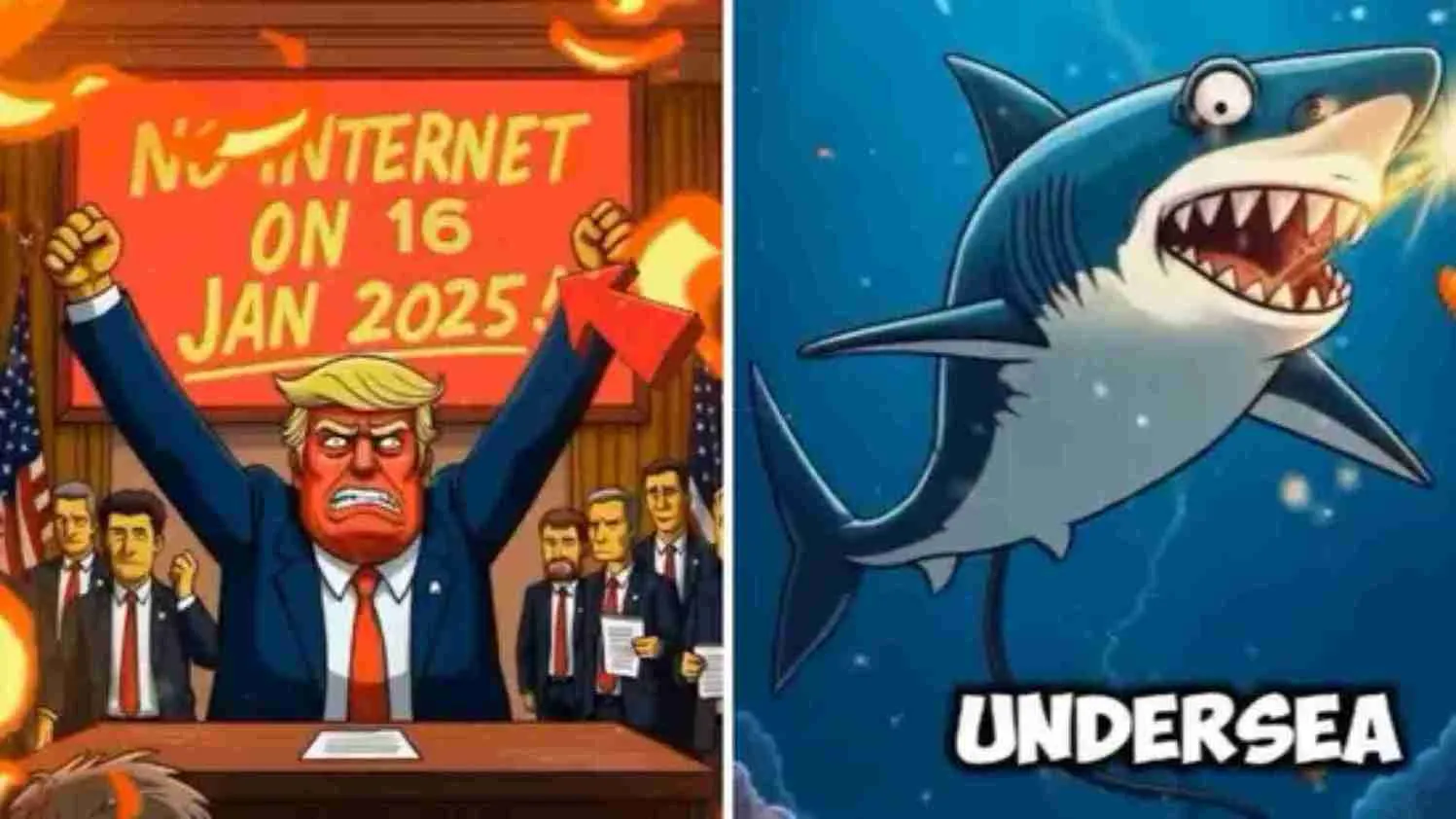Tamil Nadu Chief Minister MK Stalin has accused the central government of withholding funds meant for Opposition-ruled states under the Samagra Shiksha Scheme (SSS) and criticized the National Education Policy (NEP). Stalin, sharing a news report on X (formerly Twitter), highlighted that certain top-ranked states were being denied funds by the Centre.
In response, Education Minister Dharmendra Pradhan rebuked Stalin’s remarks, criticizing his attempts to “create divisions among states” over NEP implementation. He acknowledged healthy competition between states but cautioned against pitting states against each other, as mentioned in his statement on X.
What is Tamil Nadu Opposed To?
The Tamil Nadu government, like other Opposition-ruled states, is hesitant to fully implement the Centre’s PM-SHRI (PM Schools for Rising India) scheme, partly due to the association with the NEP and the term “PM.” Tamil Nadu has been vocal against the NEP’s provisions, including the three-language policy and teaching in the mother tongue.
Although Tamil Nadu initially resisted the PM-SHRI scheme, it recently submitted a proposal to the Centre, agreeing to sign an MoU to implement the scheme. However, Tamil Nadu requested the removal of the term “NEP” from the agreement. According to officials, the Ministry of Education (MoE) refused, insisting that PM-SHRI cannot be separated from NEP, as the scheme is meant to highlight NEP’s objectives.
State officials also claim that funds under the Samagra Shiksha Scheme (SSS) have been withheld for this year’s first quarter. Since PM-SHRI is part of the overarching SSS, the ministry has indicated that states will not receive the funds until all aspects, including the PM-SHRI scheme, are fully implemented.
How Are PM-SHRI and SSS Linked?
The Samagra Shiksha Scheme is a central program aimed at implementing the Right to Education (RTE) Act, with the Centre funding 60% and states covering 40% of the costs. NEP was incorporated into the SSS framework in 2021. In 2022, PM-SHRI was introduced under SSS to create model schools across the country that exemplify the NEP’s goals, such as mother-tongue education at the primary level, vocational training, and skill development. States need to sign an MoU to participate in PM-SHRI.
Opposition-ruled states, including Tamil Nadu, Kerala, West Bengal, Delhi, and Punjab, had so far resisted signing the MoU. Tamil Nadu and Kerala signaled willingness to join but have yet to finalize. As a result, funding for SSS has been withheld from these states. Some states like Delhi and Punjab had refused to sign the agreement, resulting in them not receiving funds for several quarters.
Recent Developments in Delhi, Punjab, and West Bengal
In recent weeks, both Delhi and Punjab, led by the Aam Aadmi Party (AAP), have reconsidered their stance due to financial strain and are preparing to implement the PM-SHRI scheme by signing the MoU. Punjab has already identified schools for the program.
However, West Bengal remains opposed. The state suggested removing “PM” from the scheme title but has yet to formally propose this to the Ministry of Education.

